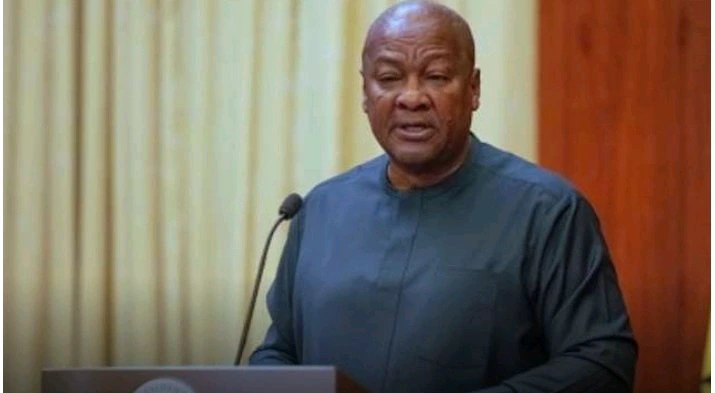John Mahama has unveiled a transformative infrastructure plan, allocating 14 billion cedis for constructing dual major highways across Ghana. This initiative aims to enhance the country’s transportation network, stimulate economic growth, and improve connectivity between urban and rural areas.
The project is expected to reduce traffic congestion, minimize travel times, and promote trade by creating safer and more efficient roadways. By facilitating the movement of goods and people, the government aims to boost economic advancement and attract foreign investment. The dual highways will not only improve the flow of goods and services but also enhance the overall quality of life for Ghanaians.
The initiative is expected to generate thousands of jobs during the construction phase, providing a much-needed boost to the labor market. Additionally, the long-term benefits of improved road infrastructure will extend to various sectors, including agriculture, tourism, and commerce. These sectors will experience significant growth, leading to increased economic activity and development.
Local communities will benefit significantly from improved access to major cities and markets, empowering them economically. The development of dual highways will open up new opportunities for businesses, farmers, and entrepreneurs, enabling them to access larger markets and increase their revenue.
Mahama’s announcement comes at a critical time, given the increasing population and rising demand for efficient transportation systems. The need for robust infrastructure is more pressing than ever, and this initiative aims to address that need. Transparent execution and stakeholder engagement will be crucial to address concerns and ensure the project’s success.
The 14 billion cedi allocation represents a vision for a more connected and prosperous Ghana, paving the way for future developments in the nation’s infrastructure landscape. This investment will enhance the quality of life for Ghanaians and position the country as a competitive player in the regional market. By prioritizing infrastructure development, the government aims to create a more sustainable and equitable economy for all citizens.












